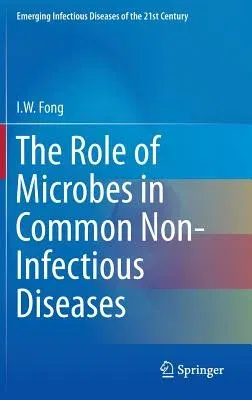This new volume in the series Emerging Infectious Diseases of the
21st Century is a novel book on the role of microbes in the
pathogenesis of common and disabling non-infectious diseases. New
insights have emerged over the past several years suggesting that our
commensal microflora of the gut is extremely important in regulating
physiological and immune functions of the body. Covered are the
perturbations of the normal composition of our endogenous microbiota,
influenced by diet and genetic predispositions, as well as the
mechanisms to produce common disorders such as obesity, diabetes,
irritable bowel syndrome, colon cancer and atherosclerotic vascular
diseases. Also explored is the evidence suggesting that predisposition
to increasingly common afflictions such as asthma and multiple sclerosis
is influenced, in combination with our genetic composition, by early
life exposure to environmental microbes and the time of onset of common
viral infections. Chapters provide the most recent information on these
disorders with regards to epidemiology, current concepts on pathogenesis
and mechanisms of their biology, recent research and data on the role of
microbes, analysis of their validity and conclusive remarks and areas
for future research.
The Role of Microbes in Common Non-Infectious Diseases is an excellent
resource for both physicians and investigators from a broad range of
disciplines that will help to stimulate new concepts of disease
pathogenesis and lead to the unraveling of their mechanisms of diseases
and to novel treatments.

